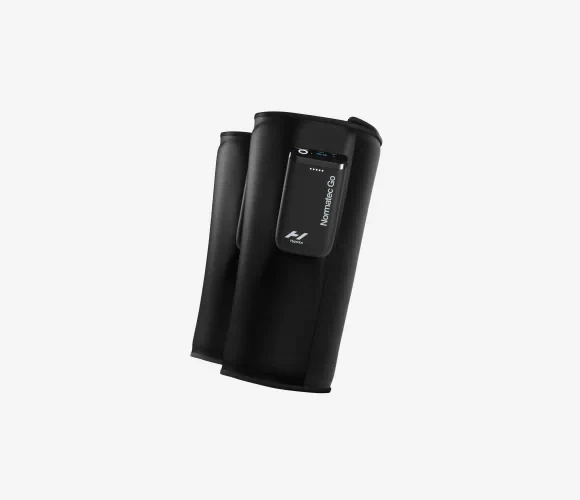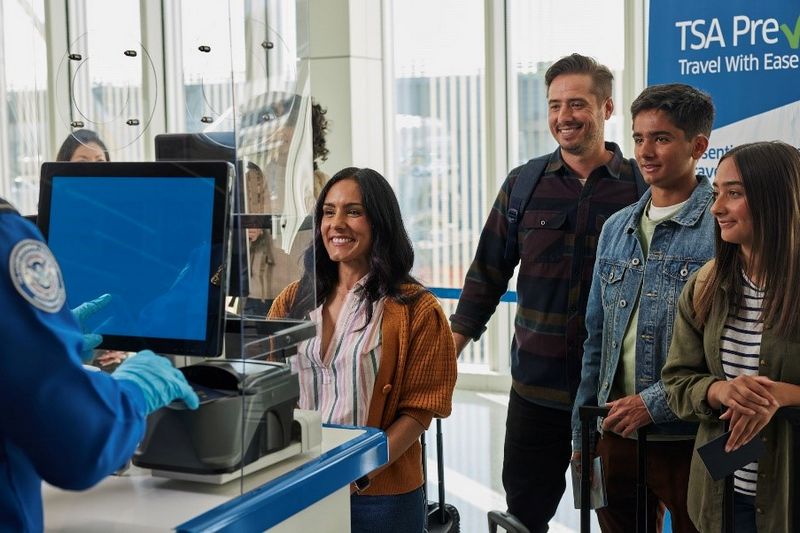
Modding, short for modification, is a popular concept in the gaming industry that allows players to customize and enhance their gaming experience by adding or changing content in a game. For indie game developers, including modding support in their games can greatly increase their game’s longevity and replay value by allowing the community to continuously create new content.
One of the key components in enabling modding for a game is to create a Modding API (Application Programming Interface). A Modding API is essentially a set of tools and rules that developers provide to allow players to modify the game. It acts as a bridge between the game’s core code and the mods created by its players, making it easier for modders to create and share their content.
Here are some steps to help you create a Modding API for your indie game:

1. Define your goals: Before you start developing your Modding API, it’s important to establish clear goals and objectives. What type of mods do you want to support? Are you looking to encourage creativity, enhance gameplay, or expand storytelling? Understanding your goals will help you prioritize features and functionalities in your API.
2. Plan your architecture: Designing a flexible and extensible architecture is crucial for a successful Modding API. Make sure to separate the core game code from the modding features, allowing modders to easily access and modify specific aspects of the game without interfering with its overall structure.
3. Create documentation: Clear and concise documentation is essential for modders to understand how to use your Modding API. Include detailed information on how to create mods, including the available tools, resources, and guidelines. Providing examples and tutorials can also help modders get started quickly.

4. Implement modding tools: To make modding accessible to a wider audience, consider developing user-friendly tools that help modders create and manage their mods. This could include level editors, asset editors, scripting languages, or other tools that simplify the modding process.
5. Ensure compatibility: Regularly update and maintain your Modding API to ensure compatibility with new game updates and patches. Test your API with different types of mods to identify any potential issues and address them promptly.
6. Foster a supportive community: Encourage communication and collaboration within your modding community by providing forums, modding contests, and other opportunities for modders to showcase their work. Recognizing and promoting talented modders can help grow your game’s modding community.
By following these steps and investing time and effort into creating a robust Modding API, indie game developers can tap into the creativity and passion of their player base, ultimately enriching the gaming experience and fostering a strong and dedicated community around their game.
